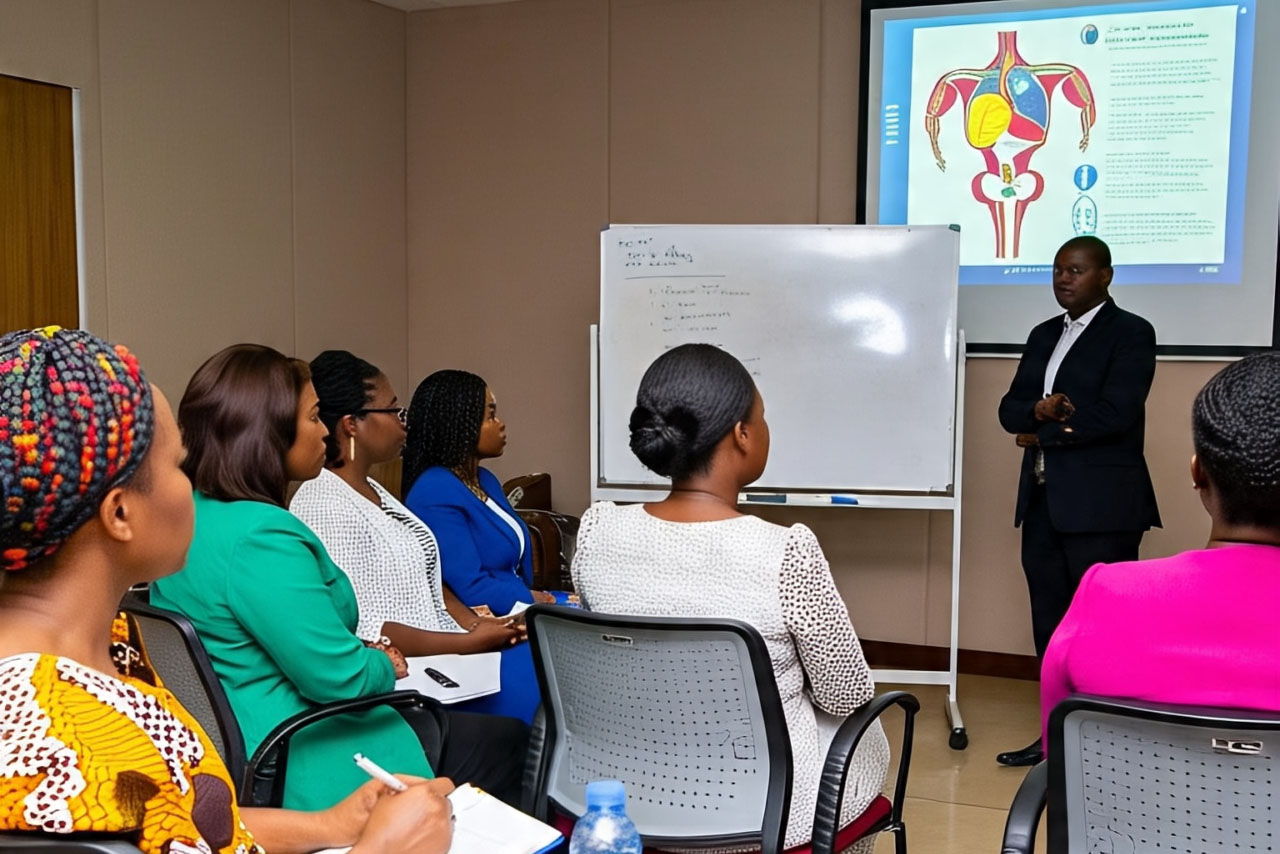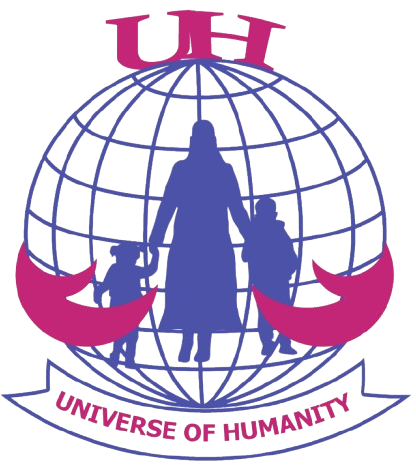
Women’s reproductive health is a fundamental aspect of overall well-being and a key component in achieving gender equality and social development. Yet, millions of women across the globe, especially in developing countries, still face numerous challenges in accessing accurate information, quality healthcare, and the freedom to make decisions about their own bodies. Empowering women through knowledge is essential for them to understand and take charge of their reproductive health.
Reproductive health encompasses a wide range of issues including menstrual health, family planning, maternal care, sexually transmitted infections (STIs), fertility, and menopause. It is about enabling women to make informed choices regarding their reproductive lives, free from discrimination, coercion, and violence. When women are educated about their reproductive rights and health, they are better positioned to make safe, healthy, and empowered decisions.
In many communities, cultural taboos, myths, and a lack of proper sex education hinder women from accessing essential information. Topics like menstruation, contraception, and infertility are often considered shameful or inappropriate to discuss, leading to silence and ignorance. As a result, many young girls start their menstrual cycle without understanding what is happening to their bodies, and countless women face unintended pregnancies, unsafe abortions, or untreated infections due to a lack of awareness.
Education is the most powerful tool to break this cycle. Comprehensive reproductive health education should begin early and be accessible to women of all ages and backgrounds. Schools, community centers, health clinics, and religious institutions all play a role in creating safe spaces where women and girls can learn and ask questions without fear or judgment. Digital platforms and mobile health services also offer new opportunities to reach more women, especially in remote or underserved areas.
Access to reproductive health services is equally important. Women need affordable and confidential access to contraceptives, prenatal and postnatal care, screenings for cervical and breast cancer, and treatment for STIs. Trained health professionals must provide care in a respectful and culturally sensitive manner. Governments and NGOs must work together to ensure that these services are not only available but also tailored to meet the diverse needs of women.
Empowering women with reproductive health knowledge also strengthens families and communities. Educated women are more likely to space their pregnancies, seek medical help when needed, and raise healthier children. They are more likely to pursue education and economic opportunities, contributing to their household income and national development.
Men and boys must also be part of the conversation. Encouraging supportive attitudes toward women’s reproductive choices and promoting shared responsibility in matters of sexual and reproductive health fosters healthier relationships and societies.
In conclusion, understanding and taking charge of reproductive health is a right every woman deserves. Empowerment begins with knowledge—when women are informed, they gain the power to protect their health, make decisions, and live with dignity. By investing in reproductive health education and services, we not only uplift individual women but also create a more just, healthy, and equitable world for all.


